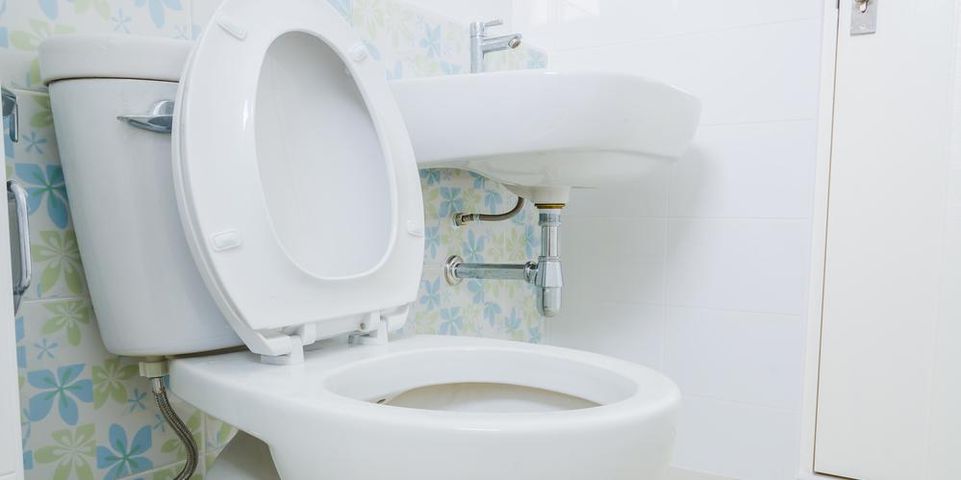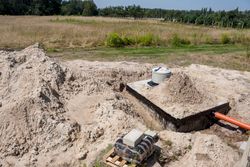What Homeowners Should Know About Septic Systems

If you’re a homeowner with a septic tank, it’s your responsibility to keep up with the system’s maintenance needs. Unlike municipal wastewater systems, which are funded by the government, your household septic system is under your control. If you’re new to septic tanks, you might be wondering what that power entails.
Use the following guide to gain insight into your waste management system.
How Septic Tanks Work
 Septic systems can be divided into three main parts: the sewer line, septic tank, and drain field. Wastewater makes its way into the septic tank via your main sewer line, and the tank itself is a watertight container that’s usually underground. Wastewater stays in the tank long enough to separate into sludge (which sinks to the bottom), effluent (which is mainly the water itself), and a scum layer that floats on top. The effluent gradually makes its way out of the tank and into the drain field. Meanwhile, bacterial colonies consume and process the remaining sludge and scum.
Septic systems can be divided into three main parts: the sewer line, septic tank, and drain field. Wastewater makes its way into the septic tank via your main sewer line, and the tank itself is a watertight container that’s usually underground. Wastewater stays in the tank long enough to separate into sludge (which sinks to the bottom), effluent (which is mainly the water itself), and a scum layer that floats on top. The effluent gradually makes its way out of the tank and into the drain field. Meanwhile, bacterial colonies consume and process the remaining sludge and scum.
What Not to Flush
The heart of any septic system is bacteria, which is responsible for breaking down wastewater. For this reason, it is strongly recommended you avoid pouring chemicals down your household drains—especially bleach and other antibacterial products. Furthermore, since septic tanks are finite spaces, you should avoid using excess water, which can cause the tank to overflow. In the kitchen, don’t put coffee grounds and other food waste down the drain; even though they may seem biodegradable, they don’t break down fast enough in septic tanks and will cause blockages. In the bathroom, do not flush anything other than waste and toilet paper, as materials like diapers and feminine napkins will clog your system.
For the most part, septic tanks work autonomously, and some can go a few years without a pumping. In general, septic tanks require professional pumping service every two to five years. This is mainly because sludge layers don’t break down fast enough for the system to work efficiently, and they need to be manually removed before they cause blockages or backups.
A A & A Drain Cleaning provides septic pumping, drain cleaning, and other sewer-related services in Dalton, GA, and the surrounding areas. If your septic system requires service, call (706) 226-1267 to request an estimate. More information about their services is available online.
About the Business
Have a question? Ask the experts!
Send your question

